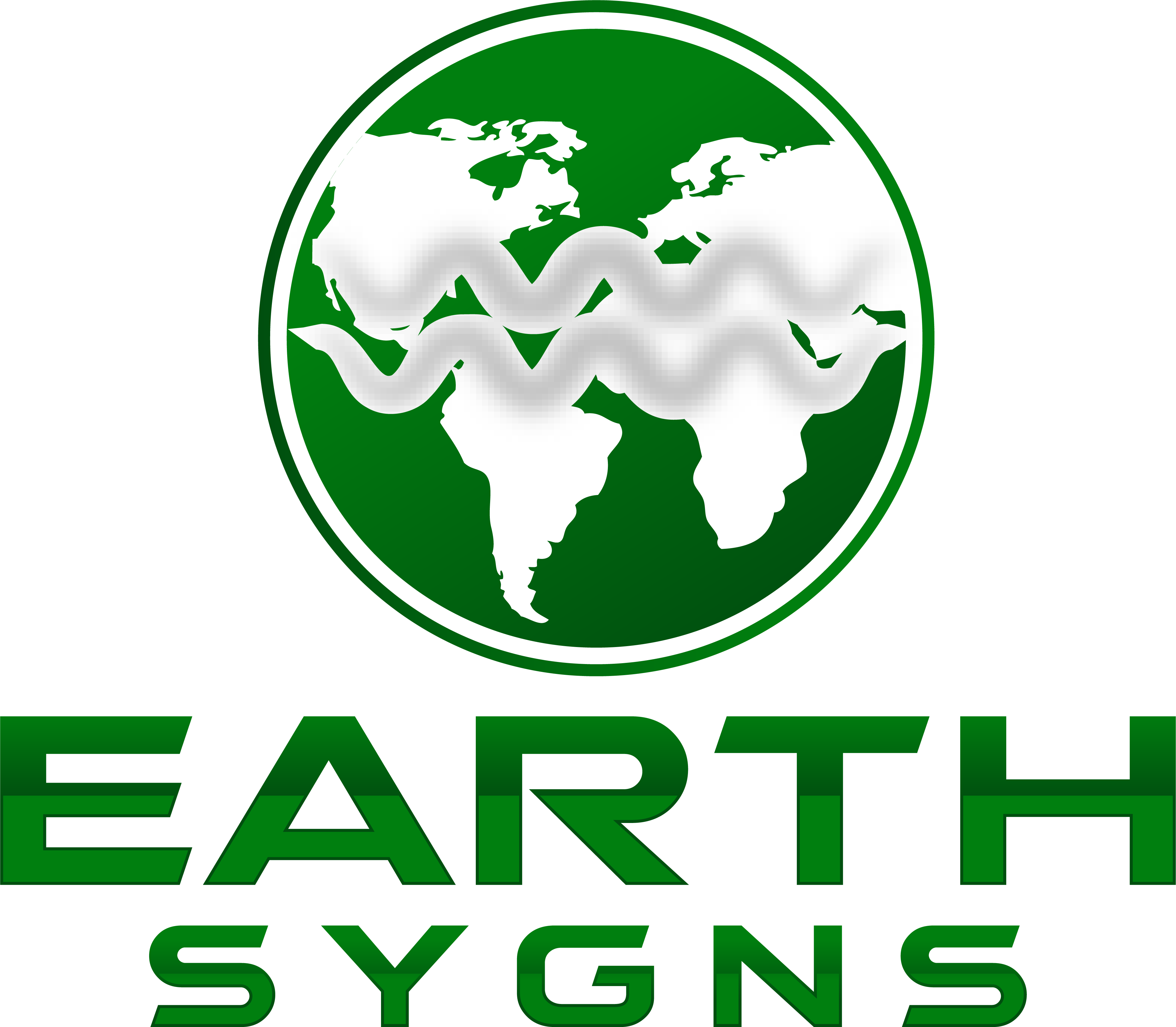Reporting by: Olivia Colangelo
Biodiversity is indispensable for supporting life on Earth. A variety of animals, plants, and microorganisms are crucial in forming healthy ecosystems. With global warming and CO2 emissions on the rise, natural habitats like coral reefs and Arctic ocean life are suffering immensely.
Coral Reefs Face Disappearance:
As of 2023, 22 coral reef species are threatened while 2 are endangered. Why? The addition of carbon dioxide creates acidity within ocean waters. Reefs with a higher pH level are unable to regenerate their skeletons, and therefore become more susceptible to diseases and destruction. The coral is unlikely to recover from terminal maladies, such as white syndrome and black band disease.
Coral deterioration can also be attributed to rising sea levels. As sea levels rise, sediment deposition suffocates reefs. The coral, under thermal stress brought about by rising ocean temperatures, will lose color. This is due to algae leaving the coral, turning it into a pale, white hue.
Coral reefs are some of the most diverse ecosystems on the planet but have recently experienced a loss of biodiversity. Aquatic life, such as parrotfish, are forced to move south as a result of rising water temperatures.

Crisis in the Arctic:
Over the past 50 years, the Arctic has warmed two to three times faster than the rest of the planet. Rising temperatures have inevitably led to a decline in Arctic sea ice. A lack of glacial presence has prompted a high mortality rate among Arctic species, notably polar bears. Though polar bears are adept swimmers, they are unable to swim excessive distances without resting on ice caps. According to a study conducted by the World Wildlife Fund, 22,000 polar bears currently roam the earth, but if conditions continue, the population could face extinction by the end of the century.
The effects of melting ice caps stretch farther than polar bears. The decrease of sea ice causes a ripple effect throughout the food web of the entire Arctic ecosystem. Dwindling Arctic ice caps have a direct impact on the krill population, as krill depend on ice algae for food. This jeopardizes the survival of whales, penguins, and seals which are dependent upon krill as a primary source of nutrition.
The Future of Biodiversity:
Gradually, many animals are grasping the fact that their ecosystems are becoming unfit to sustain wildlife. The likelihood of habitat extinction increases as the planet gets drastically warmer. Scientists predict that 10% of the world’s plants and animals will disappear by 2050. This percentage is likely to increase if action is not taken to combat climate change and rising temperatures.




